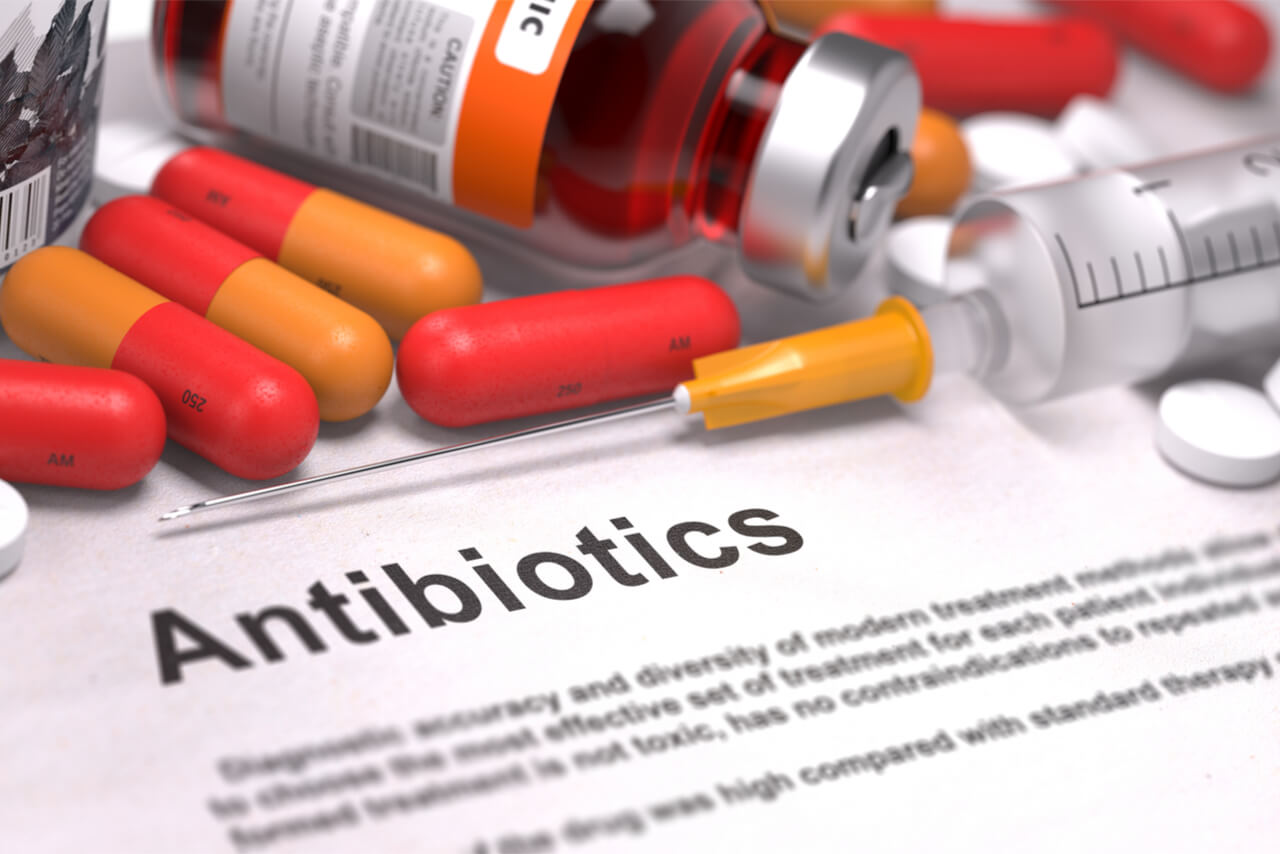We could all use a little more adventure in our lives. While routine is healthy (such as getting to bed the same time each evening), breaking up the schedule when life gets a little mundane is a great way to bring joy into your life. Dr. Lickerman from Psychology Today points out that trying new things requires courage, keeps you from becoming bored, and forces you to grow.1 It also allows you to look forward to something during the long days that never seem to end. Whether you are planning a day trip to the beach or a two-week hike across Europe, taking a vacation relaxes the mind. A study from the Wisconsin Medical Society states, “Vacation provides a break from everyday stressors at work, provides an opportunity to engage in health promoting behaviors, and allows time for tension re-lease, personal involvement, and time to catch up on sleep and rest; these, in turn, have carryover effects into the job settings in terms of job satisfaction and job performance.”2 If you didn’t make a bucket list in high school, it’s not too late to start a draft. Changing up your routine is a great way to open the door to new experiences that may positively impact your health. Here are the essential three steps to building your perfect bucket list.
Determine the scope of your goals
What do you want to achieve by creating your bucket list? Do you want to get outside more? Perfect your craft? Bring more adrenaline in your life? Travel the world? You may want a combination of everything. List your goals starting with those easiest to achieve, working your way to the ones that will take more time to plan and execute. A couple events on my bucket list are riding a mechanical bull and traveling to Switzerland. Certainly, one will be much easier to check off. You are more likely to be satisfied if you can look at your list and check off items fairly often, so include all types of goals. Here are a few ideas to get you going:
- Run a 5K
- Visit a new city
- Learn a foreign language
- Learn to ski
- Build a time capsule
- Go zip lining
- Ride in a hot air balloon
Say goodbye to excuses
Life is busy and your bucket list doesn’t have to be full of impossible ideas. You can always find adventure right in your backyard. You don’t have to go skydiving to feel the rush of adrenaline, a polar plunge at your nearby lake will do the trick. Can’t afford a lavish vacation? Watch your airline prices for last minute drops to nearby locations. Sure, I would love to take a snowshoeing adventure in Greenland (and given the chance I will), but that $99 round-trip ticket to see the Alaskan mountains for a weekend might just do the trick. The point is, it’s important to shoot for the stars and include do-able items on your list. That way, you won’t be disappointed. Do something rather than nothing. Make it work for you!
Set due dates
It’s easy to dream big and say, “One day I will…” Ditch that! Set goal dates for your bucket list items. Write out a game plan, put it on a calendar, and don’t let anything get in your way. There are no guidelines for creating the perfect bucket list. When you daydream, where do you find your mind wandering? What would you like to do during your free time? If you had nothing holding you back, what would you like to accomplish or see? Don’t reject your dreaming mind, embrace it. Now it’s time to get out a pen and piece of paper and see where your heart takes you.






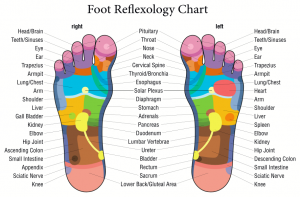




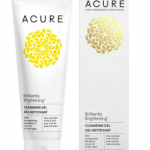
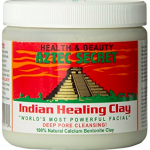 Aztec Secret Indian Healing Clay Made from natural calcium bentonite clay, this product is as earthy as it gets. You can mix this clay with either water or apple cider vinegar (a scent you won’t soon forget). It is a great alternative to harsh acne scrubs. It starts off wet and tightens your skin as it dries, so I always finish off my mask treatment by applying coconut oil afterward to keep my skin from drying out. Whenever my skin needs a little extra attention, I smear on this mask for about ten minutes and wake up to find my blemishes have magically disappeared.
Aztec Secret Indian Healing Clay Made from natural calcium bentonite clay, this product is as earthy as it gets. You can mix this clay with either water or apple cider vinegar (a scent you won’t soon forget). It is a great alternative to harsh acne scrubs. It starts off wet and tightens your skin as it dries, so I always finish off my mask treatment by applying coconut oil afterward to keep my skin from drying out. Whenever my skin needs a little extra attention, I smear on this mask for about ten minutes and wake up to find my blemishes have magically disappeared.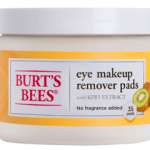 Burt’s Bees Eye Makeup Remover Pads These small pads are great for wiping off makeup quickly without having to rinse. I’m not a huge fan of wipe-off products that don’t require rinsing after use, but these pads are made with kiwi fruit water and leave a non-greasy feel. This product is made with 99.5% natural ingredients and has a faint fruity smell. They even remove waterproof mascara, which isn’t an easy task.
Burt’s Bees Eye Makeup Remover Pads These small pads are great for wiping off makeup quickly without having to rinse. I’m not a huge fan of wipe-off products that don’t require rinsing after use, but these pads are made with kiwi fruit water and leave a non-greasy feel. This product is made with 99.5% natural ingredients and has a faint fruity smell. They even remove waterproof mascara, which isn’t an easy task.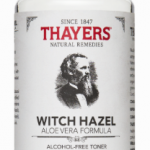
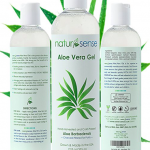 Natur Sense Aloe Vera Gel After I wash my face, remove excess eye makeup, and apply toner, I top it off with Natur Sense’s Aloe Gel to lock in hydration. Made from cold-pressed Aloe barbadensis, this product is charcoal filtered for purity and is also food grade. This isn’t like your regular aloe; it has a smooth and thin consistency that makes it perfect for application. A little dab goes a long way, so one bottle will last you a long time. Thankfully, this aloe even has a 2-year shelf life.
Natur Sense Aloe Vera Gel After I wash my face, remove excess eye makeup, and apply toner, I top it off with Natur Sense’s Aloe Gel to lock in hydration. Made from cold-pressed Aloe barbadensis, this product is charcoal filtered for purity and is also food grade. This isn’t like your regular aloe; it has a smooth and thin consistency that makes it perfect for application. A little dab goes a long way, so one bottle will last you a long time. Thankfully, this aloe even has a 2-year shelf life.